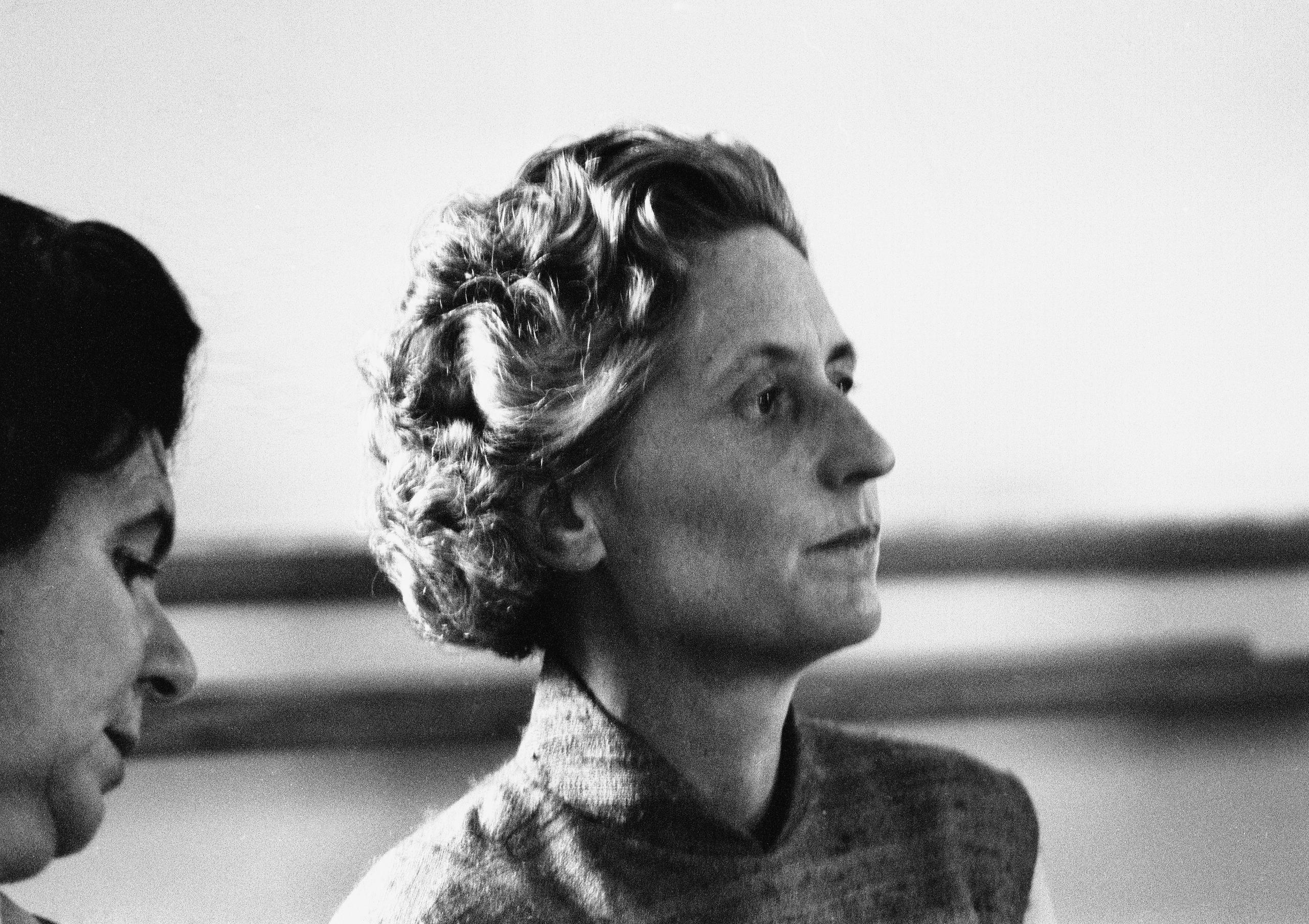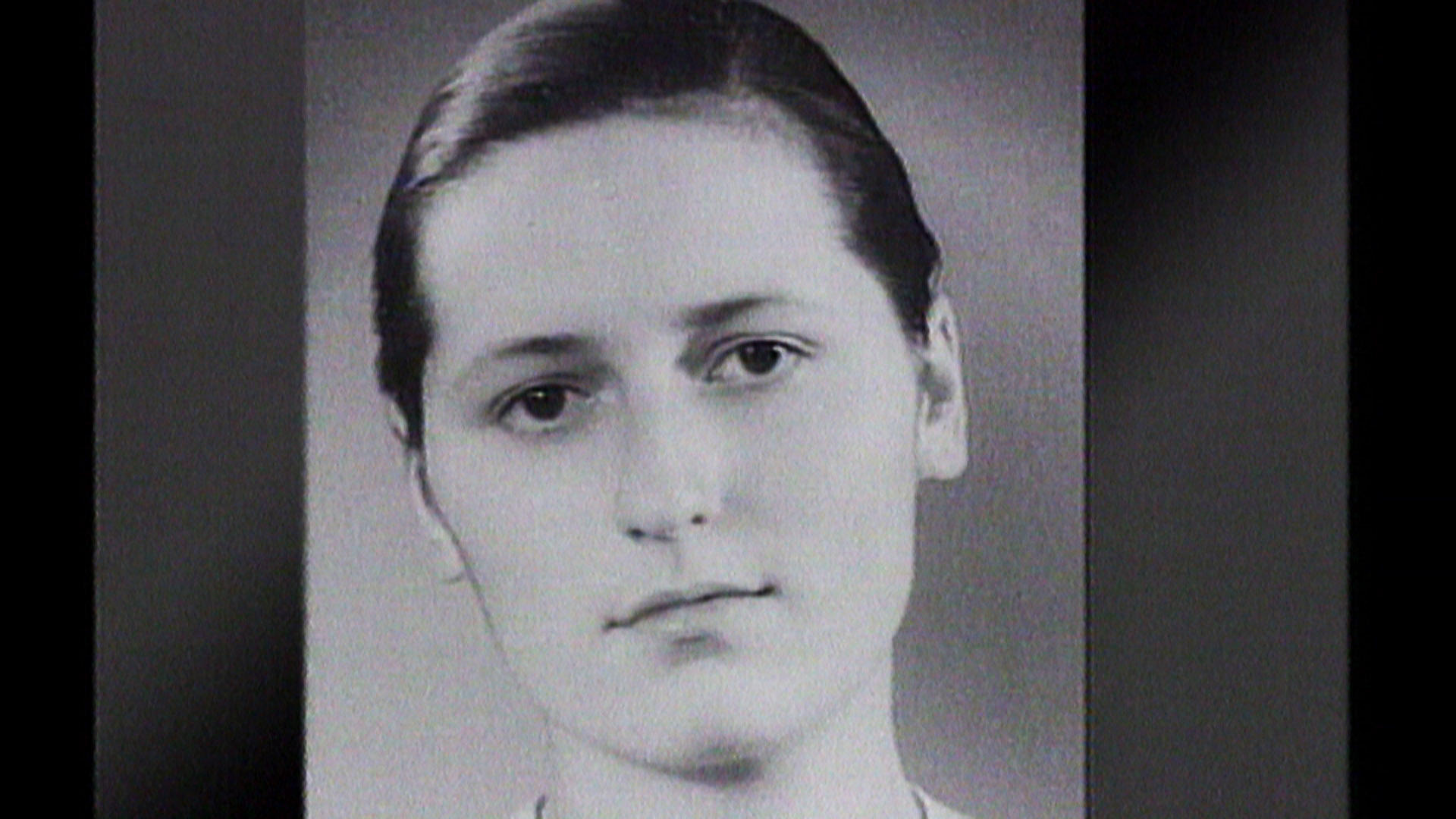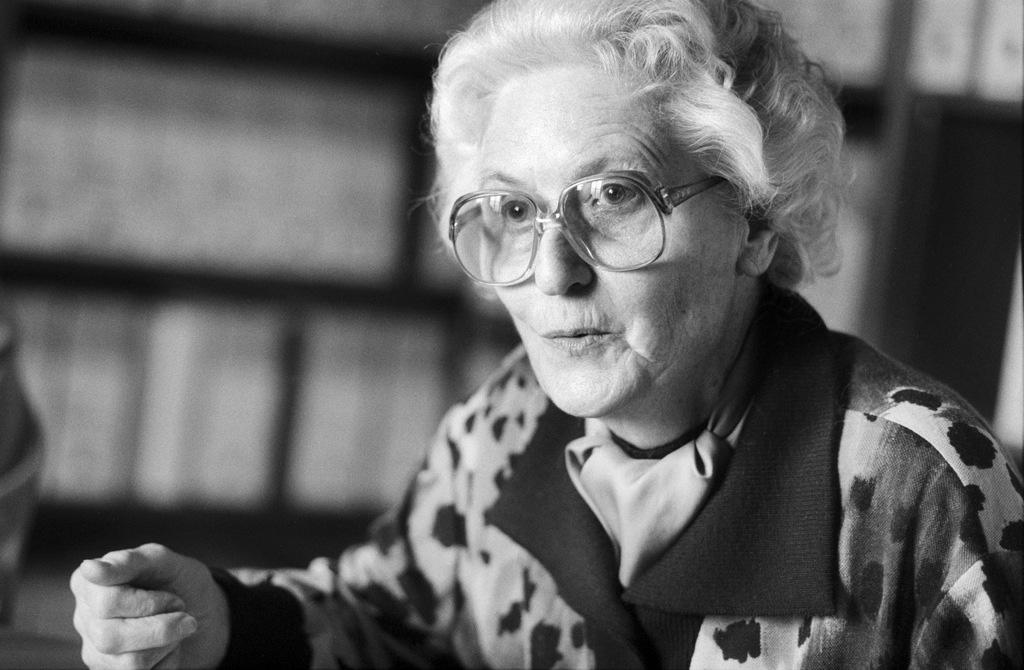Celebrating the life of Marthe Gosteli

She was a pioneer of the Swiss women’s rights movement in Switzerland, dedicating herself to fighting for women to have the right to vote.
So when the news came that Marthe Gosteli had died her 100th year, tributes poured in. Gosteli helped lead the battle for universal suffrage in Switzerland, and took charge of documenting the struggle. The Gosteli foundation, which she established in 1982, said the doyenne of Swiss women’s political rights had died on April 7 at the age of 99, while in medical care following a fall.
Born in 1917 on her parent’s farm outside the Swiss capital, Bern, she worked in the army press and radio department and later for the United States embassy’s information department in Bern.
From the mid-1960s she used her knowledge to promote the women’s movement and held high positions in several Swiss women’s organisations.
She also presided over the consortium of Swiss Women’s Associations for the Political Rights of Women ahead of a nationwide ballot in 1971 finally giving Swiss women the right to vote.
It was after Gosteli’s father died young, leaving her mother and sisters in charge of their farm near Bern, that she began to realise the inequities faced by working women in Switzerland. Gosteli was influenced by her mother, who was also a campaigner for women’s rights.
Gosteli earned her own money, decided not to marry and have children, and dedicated herself to fighting for women to have the vote. But when campaigners took to the streets, the bourgeois Gosteli remained behind. “You have to take action, not demonstrate,” she explained to Swiss public television, SRF.
It was not until 1971 that Switzerland became the last country in Europe to give women the vote. This was because the country’s unique system of direct democracy requires a national referendum for constitutional change, so the rights of Swiss women were at the mercy of those who could vote – men.
There are parallels between Gosteli and Nora, the central character in Petra Volpe’s new film, “The Divine Order”, which tells the story of the Swiss women’s rights movement.

More
The pioneering work of Marthe Gosteli
Gosteli was persistent and dedicated to the cause: in 1982 she set up the Marthe Gosteli Foundation, which has been described as the most important archive of the Swiss women’s rights movement.
Gosteli received recognition for her lifelong engagement: in 1995, the University of Bern made her an honorary doctor. In 2011 she won the International Society for Human Rights prize. The Gosteli Foundation received the 2017 culture prize from the citizens’ association, the Burgergemeinde Bern.

In compliance with the JTI standards
More: SWI swissinfo.ch certified by the Journalism Trust Initiative











You can find an overview of ongoing debates with our journalists here . Please join us!
If you want to start a conversation about a topic raised in this article or want to report factual errors, email us at english@swissinfo.ch.